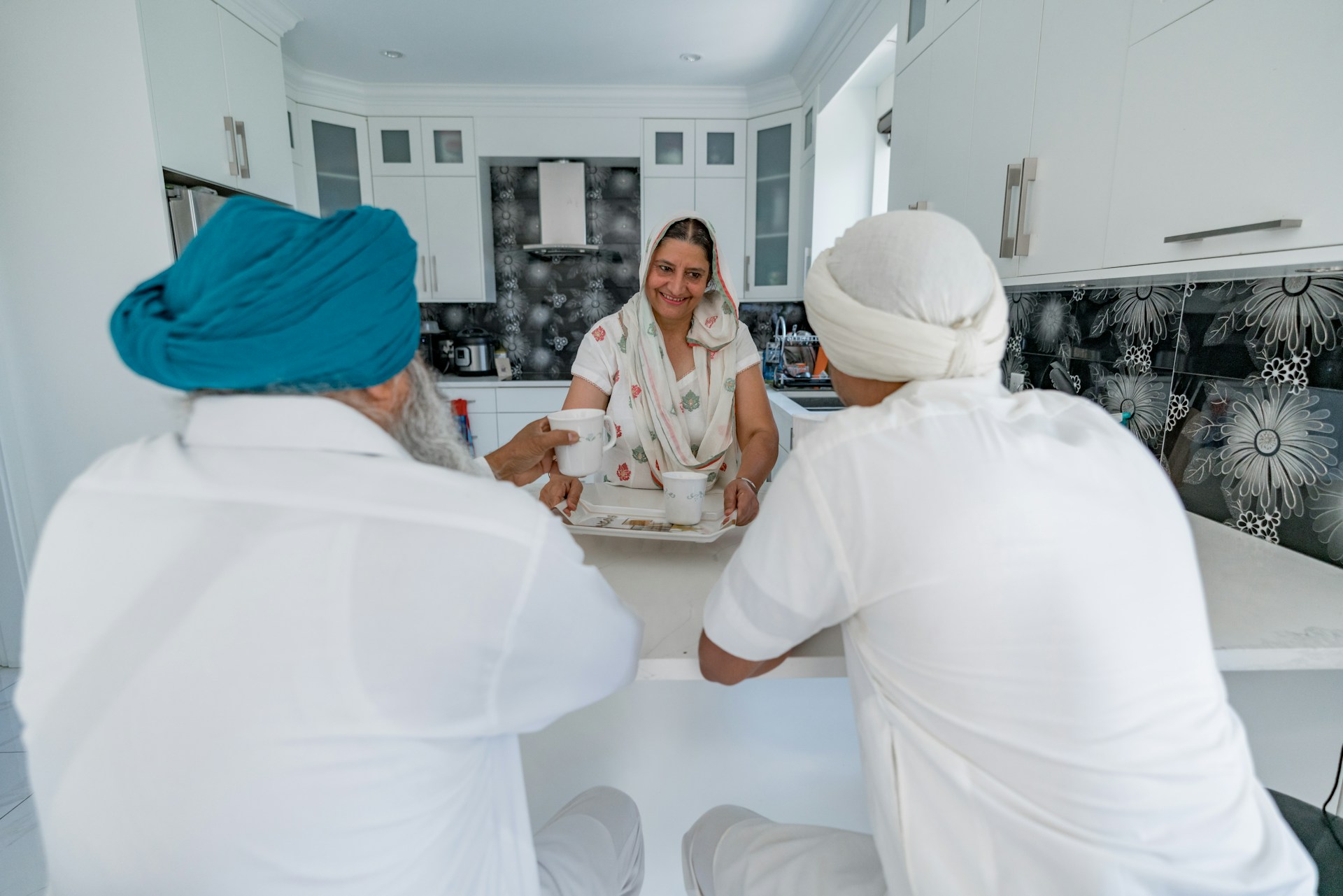2025 Hospitality Visa Tracker for Indian Citizens

For Indian citizens aiming to build a hotel, restaurant, or tourism career abroad
Below you’ll find the 10 countries from the original blog post, each with the main visa routes hospitality workers actually use. Every section follows the same rhythm:
- Who it’s for – typical job types, seniority, or profile
- Key requirements – the must-haves (job offer, degree, experience, language, salary)
- Timeline & cost – realistic processing time and out-of-pocket fees
- Path after arrival – renewals, permanent-residency options, family, practical tips
- Official link – the single government page you’ll need first
Use the sub-headings as on-page anchors for SEO. Keep paragraphs short; search engines (and human readers) reward scannable text over wide tables.
United States
Best for: Seasonal resort staff, banqueting chefs, hotel managers, culinary interns.
Main routes
H-2B Temporary Worker – A U.S. employer petitions first, proving the job is seasonal (ski resorts, summer beach clubs). No degree required. Petition + visa interview usually totals 2-4 months and ~US $190 in consular fees (employer pays the petition fee). It’s strictly temporary—no direct path to a green card.
J-1 Intern/Trainee – Ideal if you’re still studying hospitality or graduated in the last year. Sponsor agencies place you in 6- to 18-month training rotations. Expect sponsor program fees plus a US $160 visa fee. Returning home at the end is mandatory, but the experience is gold on a résumé.
H-1B Specialty Occupation – For degree-level hotel finance, tech, or senior management roles. Competitive lottery every April; employer sponsorship and a hospitality or business bachelor’s degree are musts. Unlike H-2B, H-1B is “dual intent,” so it can lead to a green card later.
U.S. Citizenship & Immigration Services
United Arab Emirates

Best for: Front-office supervisors, chefs, baristas, F&B floor staff—Dubai and Abu Dhabi hire year-round.
Main routes
Standard Employment Visa – Your hotel/restaurant acts as sponsor and files the work-permit application. Approval to stamping typically takes 2–4 weeks; employers usually cover the AED 250–3,450 government fee. No IELTS, but you’ll take a UAE medical exam on arrival. Visa renews every 2–3 years; no automatic PR, but long-term “Golden” residence is possible for high earners.
UAE Golden Visa (10-year) – Reserved for senior executives or entrepreneurs earning ≥ AED 30 k/month or investing ≥ AED 2 million. Lets you change jobs freely and sponsor family.
Switzerland

Best for: Five-star hotel managers, Michelin-level chefs, boutique resort sommeliers.
Swiss Work Permit (L or B) – Employer must prove no Swiss/EU candidate is available and secure cantonal approval before you apply for an entry visa. Quota-controlled; allow 8–12 weeks. Fees hover around CHF 80 for the visa plus local permit charges. French, German, or Italian fluency is expected on the job even if not legally required. After five to ten years you can upgrade to a C (settlement) permit, then citizenship.
Swiss State Secretariat for Migration
Australia

Best for: Chefs, café/restaurant managers, pastry cooks, hotel duty managers—especially in regional areas short of staff.
- Temporary Skill Shortage (TSS) 482 visa
- Two streams: Short-Term (up to 2 years, no PR) and Medium-Term (up to 4 years, PR-eligible).
- Needs a sponsoring employer plus ≥ 3 years’ relevant experience.
- IELTS 5.0 overall (or equivalent). Fees start at AUD $1,455; processing often 4–8 weeks.
- Skilled Independent / Nominated (189/190)
- Points-tested PR—no sponsor for 189, state sponsor for 190.
- Chefs and managers sit on many state “in-demand” lists. High English and strong work history required.
- Work & Holiday 462 (new for India)
- Age 18–30 with a bachelor’s degree and ballot selection. One-year open work rights—great foot-in-the-door visa.
Department of Home Affairs – Working in Australia
Canada

Best for: Cooks, food-service supervisors, hotel front-desk agents aiming for PR.
Employer-Specific Work Permit (LMIA) – The restaurant or hotel first secures a positive Labour Market Impact Assessment, then you apply for the work permit (about nine weeks in India). Fee: C $155 plus biometrics; employer covers the LMIA cost. After 12 months of Canadian experience, you can pivot to Permanent Residence via Express Entry or a Provincial Nominee Program.
Immigration, Refugees and Citizenship Canada
Spain

Best for: Resort chefs, ethnic-cuisine specialists, bar managers on the Mediterranean coast.
Work-Residence Visa (Tipo D) – Your Spanish employer applies for a work authorisation; once approved you lodge the visa at VFS in India. Entire process averages 2–4 months and costs ~€154. You’ll exchange the entry visa for a residence card (TIE) valid 1–2 years and renewable. After five years you can gain long-term EU residence. Basic Spanish is vital for daily operations even though it’s not a legal requirement.
Consulate of Spain in Mumbai – Employment Visas
United Kingdom

Best for: Chefs (on the Shortage List), restaurant or hotel managers, sommeliers.
Skilled Worker Visa – Needs a licensed UK sponsor and salary ≥ £26,200 (or £20,960 for shortage-list chefs). IELTS UKVI (4.0 overall) unless you have an English-taught degree. Standard fee £625–£1,519 plus £624/year health surcharge. Five years leads to Indefinite Leave to Remain.
India Young Professionals Scheme – 3,000 slots via lottery each year. Ages 18-30 with a bachelor’s degree. Two-year open work visa; switch to Skilled Worker later if you find sponsorship.
Japan

Best for: Hotel front-desk associates, ryokan staff, restaurant servers, and specialist chefs embracing Japanese service culture.
- Specified Skilled Worker (SSW-i – Accommodation)
- Pass the hospitality skills test + Japanese language test (JLPT N4).
- Sponsoring hotel submits for a Certificate of Eligibility; whole process ~4–6 months.
- Renewable up to five years; no family accompaniment; can later move to higher-tier visas.
- General Work Visa (Engineer/Specialist in Humanities)
- Degree in hospitality or 10 years’ experience (for foreign-cuisine chefs).
- Standard COE timeline ~2 months. Renewable and leads to PR after 10 years.
Immigration Services Agency of Japan
France

Best for: Brasserie chefs, pâtissiers, hotel reception managers.
Salaried Employee Long-Stay Visa (VLS-TS) – Employer first secures your Autorisation de travail (4–8 weeks). You then apply for the visa (~€99) and register with OFII on arrival. The residence permit doubles as your work right for the first year and is renewable. After five years of continuous residence you can obtain an EU long-term card or pursue citizenship. French language skills (even basic A2) make everyday work far easier and boost PR eligibility.
Singapore

Best for: Front-office managers, specialty-cuisine chefs, restaurant supervisors in a fast-paced, English-speaking market.
- Employment Pass (EP)
- Managerial/specialist roles earning ≥ S$5,000/month (higher for older applicants).
- Two-week processing; employer pays S$330 total government fees.
- No quota. Renewable for up to three years at a time. Eligible for Permanent Residence after ~18–24 months.
- S Pass
- Supervisory or crafts roles (chef de partie, restaurant floor supervisor) at ≥ S$3,150/month.
- Subject to a 10 % services-sector quota and monthly levies.
- Renewable; PR possible but competitive.
Ministry of Manpower – Work Passes
How to use this tracker
- Find your career stage – entry-level, skilled trade, or management.
- Check eligibility fast – salary + education + language.
- Line up a sponsor – most visas hinge on a willing employer.
- Plan the calendar – some routes (H-1B, UK YPS, AU 462) run annual lotteries or quotas.
- Prepare documents early – passports, diplomas, reference letters, police clearances, bank statements, language scores.
Bookmark the official links; immigration rules can shift mid-year. Good luck on your global hospitality journey!

